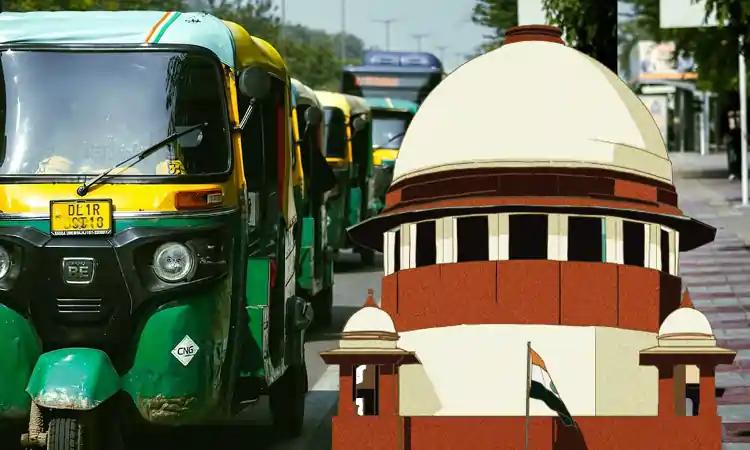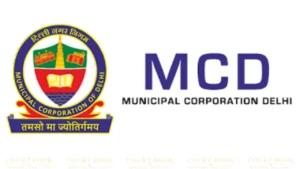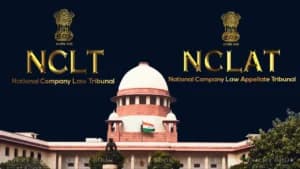The Supreme Court has been informed that from November 1, 2025, only BS-VI compliant CNG, LNG, and Electric Goods Vehicles (LGVs, MGVs, and HGVs) will be permitted to enter Delhi, except those already registered within the city. This crucial update was presented by Additional Solicitor General (ASG) Aishwarya Bhati, representing the Union, during a hearing on the MC Mehta case concerning air pollution in the Delhi-NCR region.
A bench comprising Justice Abhay S. Oka and Justice Ujjal Bhuyan reviewed the submissions regarding efforts to reduce vehicular pollution. Senior Advocate Aparajita Singh, acting as Amicus Curiae, highlighted that the Commission for Air Quality Management (CAQM) had submitted an affidavit detailing measures for combating vehicular emissions.
ASG Bhati elaborated on CAQM Direction 88, which restricts the entry of Light Goods Vehicles (LGVs), Medium Goods Vehicles (MGVs), and Heavy Goods Vehicles (HGVs) into Delhi from November 1, 2025, unless they are compliant with BS-VI CNG, LNG, or Electric standards. This directive will apply to all goods vehicles except those registered within Delhi.
Read also: Supreme Court Sets Aside Kerala High Court Judgment Annulment of CPI(M) MLA A Raja's Election
Additionally, she clarified that non-BS VI compliant commercial vehicles carrying essential goods will be allowed entry into Delhi only until October 31, 2026. Beyond this date, only CNG, LNG, and Electric Vehicles will be permitted for such purposes.
ASG Bhati further addressed the issue of End-of-Life (EoL) vehicles, specifically diesel vehicles older than 10 years and petrol vehicles older than 15 years. Highlighting CAQM Direction 89, she revealed that the National Capital Region (NCR) is currently home to 61 lakh overage vehicles, with 27 lakh in Haryana, 12 lakh in Uttar Pradesh, and 6 lakh in Rajasthan.
To enforce these restrictions, an Automated Number Plate Recognition (ANPR) system will be installed at fuel stations. This system will detect and deny fuel to vehicles identified as EoL. Bhati explained, “All EoL vehicles identified through the ANPR cameras or other such systems installed at the fuel pump stations shall be denied fueling w.e.f. 01.07.2025 in the NCT of Delhi.”
She further outlined the specific implementation dates:
- Delhi: From July 1, 2025
- Five High Vehicle Density (HVD) Districts (Gurugram, Faridabad, Ghaziabad, Gautam Budh Nagar, Sonipat): From November 1, 2025
- Rest of NCR: From April 1, 2026
Traffic authorities, along with Integrated Command Control Centres, will support the implementation of these measures, ensuring compliance.
ASG Bhati also highlighted the broader initiative to transition to cleaner fuel technologies, as part of the CAQM Advisory No. 17. The Advisory calls for:
- Mandatory adoption of Electric Vehicles (EVs), CNG, Compressed Biogas (CBG), Strong Hybrid Electric Vehicles (SHEV), and Flex Fuel Vehicles (FFV) in the NCR.
- State governments and public institutions are advised to take the lead by implementing policies for clean vehicle adoption.
The Ministry of Finance has also issued an office memorandum, urging government departments to replace petrol and diesel vehicles with electric ones for leased or hired use. In addition, the Ministry of Road Transport and Highways (MoRTH) has set industry standards to promote EV manufacturing, covering aspects such as safety, range, power, and model approval.
ASG Bhati informed the Court that the Ministry of Heavy Industries has been proactive, with a significant percentage of vehicles hired in the past two years being electric. The Department of Expenditure will conduct an assessment of vehicle usage across all central government ministries and Public Sector Undertakings (PSUs) to identify opportunities for further EV adoption.
Justice Abhay S. Oka emphasized the importance of ensuring effective ground-level implementation of these measures. He recalled past issues when restrictions on vehicle entry led to chaos at entry points. The Court has now taken on record the documents submitted, including the CAQM’s Brief Note on the steps taken and the index of relevant Office Memorandums.
Acknowledging the significance of CAQM’s Directions 88 and 89, the Supreme Court described them as “a welcome step in the right and positive direction.” It also directed all state governments and public authorities appearing before the court to submit data on EVs hired or purchased in the past five years.
Case no. – WP (C) 13029/1985
Case Title – MC Mehta v. Union of India















